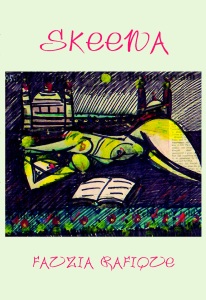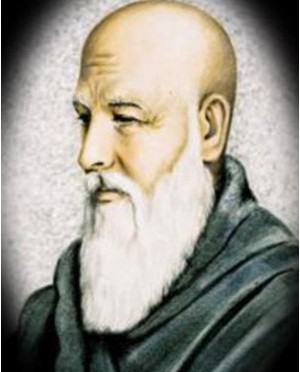 : Jamia Masjid, Vancouver, the azaan was broadcast over loudspeakers for the first time in its 112-year history – photo from 30 Masjids dot ca
: Jamia Masjid, Vancouver, the azaan was broadcast over loudspeakers for the first time in its 112-year history – photo from 30 Masjids dot ca
TO HELP PRESERVE SECULARISM
TO HELP PREVENT ISLAMOPHOBIA
It began with broadcasting one azaan call-for-prayer for one of the five daily prayers during the month of Ramzan at one mosque in Toronto. Within days, the practice spread to many cities – Mississauga, Brampton, Milton, London, Edmonton, Calgary, Vancouver, and, Surrey – at the last count. One cleric has already said that he would like the azaan to be announced over loudspeakers for all five prayers, throughout the year!
If this was to remind Muslims about the time of prayer, it must be pointed out that Muslims and, for that matter, Jews, Christians, Hindus, Sikhs and Buddhists, have all been saying their prayers at home or in their places of worship at prescribed times for hundreds of years without the call-to-prayer being announced from loudspeakers. And how, it was asked, would Muslims know the time of the other four daily prayers if the azaan was sent out over loudspeakers only once a day?
The rationale changed: Muslims couldn’t gather in mosques during their holy month of Ramzan due to Covid-19 and would find solace when they heard the azaan over loudspeakers. But, it was pointed out that the overwhelming majority of Muslims lived too far from any mosque to hear it! And what about believers of other religions who couldn’t congregate on their holy days either, for instance, Christians weren’t able to get together on Good Friday this April 8 or Jews during Passover from April 8-16? By that logic, shouldn’t religious invocations for all believers of all faiths be relayed over loudspeakers to provide them comfort during the lock-down? Would that cacophony calm jangled nerves and create harmony among people, or create greater stress and resentment against each other?
Is the push for the broadcasting of the azaan over loudspeakers coming from Muslims as a whole? According to Canada’s 2011 National Household Survey, there were a total of 1,053,945 Muslims in Canada – perhaps a total of 1,000,000 adult Muslims currently. Of these, only a small minority says any prayers, much less the daily five. Only a fraction of this small minority goes to mosques to say their prayers, and that too mainly for the Eid or for Friday noon prayers. Anybody can see for themselves how empty mosques are at other prayer times.
The push for the azaan over mosque loudspeakers is not coming from all Muslims but from a small number of Muslim clerics, mainly Sunni, mainly conservative. Some Muslims, thinking that the loud call to prayer demonstrates the power of Islam, or makes it more appealing, also support this idea. However, they are sadly mistaken.
Who has allowed these organizations to over-ride the local noise by-laws? Mainly mayors and municipal councillors from mainstream parties but, unfortunately some progressive ones too, who in return, want to use such organizations as sources for funds, volunteers and ‘vote banks’ at election time.
The broadcasting of the azaan over loudspeakers hardly serves the purpose of reminding Muslims of prayer times or for providing solace during the lockdown in Ramzan since reminders on watches, computers and cell phones would work better. In reality, it appears that this move is a flexing of muscle by conservative Muslim clerics and organizations who are on their way to play a larger political role in society; clerics and organizations who have us believe that they speak on behalf of one, monolithic, undifferentiated, Muslim ummah (nation).
What they are aiming for, a wish NOT shared by ALL Muslims, is to increase the influence of religion and religious values in public life; of views that do not support equality of women with men, views that are against secularism, choice, same-sex partnerships, evolution and other rational and scientific ideas such as, for example, the causes and cures of epidemics and other natural disasters like droughts, hurricanes, floods, earthquakes.
Public pressure has done away with Catholic School Boards in all provinces, and it demanded the same in Ontario in favour of one, secular, public education system for all. Contrary to the will of the people, these clerics push for publicly funded religious schools. It was only after a long struggle that the Lord’s Prayer and other overtly Christian teachings were ended in public schools. These clerics will push for more insertion of religious teachings in public schools. Far fetched? Can happen only in countries of the global south? Just look at what has happened in the US in a few decades!
Over the past four decades, the mainstream parties, at all levels, have enabled the de-regulation of big business, the lowering of taxes on large corporations, the whittling down of social programs, the weakening of labour laws, and the increase in the huge gap between the 1% and everyone else. They have supported militarism and wars, many are being fought against Muslim countries. They have backed Israel in its harsh and unjust treatment of the Palestinian people. None of this matters to these conservative Muslim clerics who are interested only in advancing their narrow, sectarian agenda.
The parties of big business will rely the more on conservative religious forces, of all religions – because they do not acknowledge the impact of privilege, disregard class analysis, the importance of trade unions, instead teaching submission and acceptance by the have-nots of the existing unjust economic structures since privilege and poverty are ordained by God, where justice and fairness is to be found not here but in the hereafter – the more the struggle for social justice grows.
Is the denial of the use of loudspeakers to broadcast the azaan a denial of the right of freedom of belief of Muslims? No it isn’t. First of all, a small minority wants this ‘right’ and only a fraction of this minority will actually hear the azaan. But the main point is that Muslims will still have the right to say the azaan so long as its sound remains within the confines of their prayer halls, and others outside, are not compelled to listen to it. Public complaints have put a stop to the pealing of church bells in many areas. It should be stopped everywhere.
The broadcasting of the azaan over mosque loudspeakers is another intrusion of religion into public space. If it takes hold, other religions inevitably will want to broadcast their chants, bells, hymns etc. over loudspeakers too. The right to religious freedom should be supported as long as it is not socially harmful or a bother to others. Prejudices like Islamophobia and anti-Semitism must be fought but religion whether Islam, or Christianity, or Hinduism or Judaism or Sikhism, should be a personal matter. The separation between state and religion should become more, not less, sharp. Canada should become more, not less, secular.
..

Omar Latif is a Toronto activist who has been a long-time member of the Committee of Progressive Pakistani-Canadians and of the Communist Party of Canada. This article is based on his personal views, not on those of the CPPC or of the CPC.
..
Uddari Weblog is published from
the unceded Coast Salish territories of
the Semiahmoo, Katzie, Kwikwetlem, Kwantlen,
Qayqayt, Tsawwassen, Musqueam,
Squamish and Tsleil-Waututh First Nations.
.

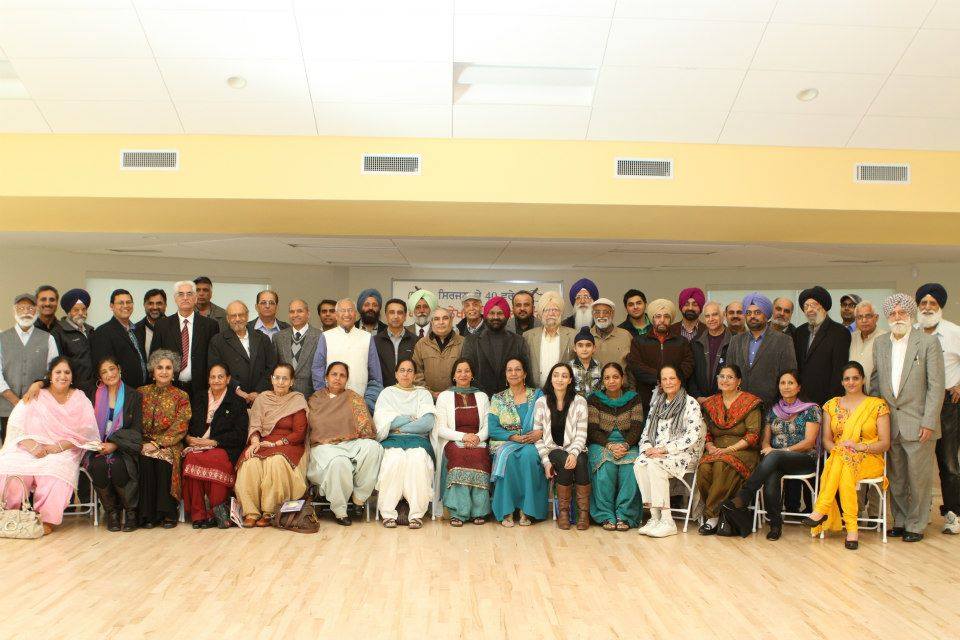
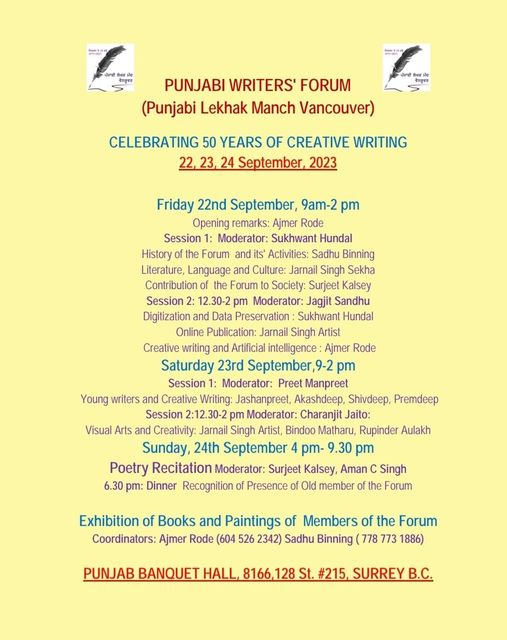

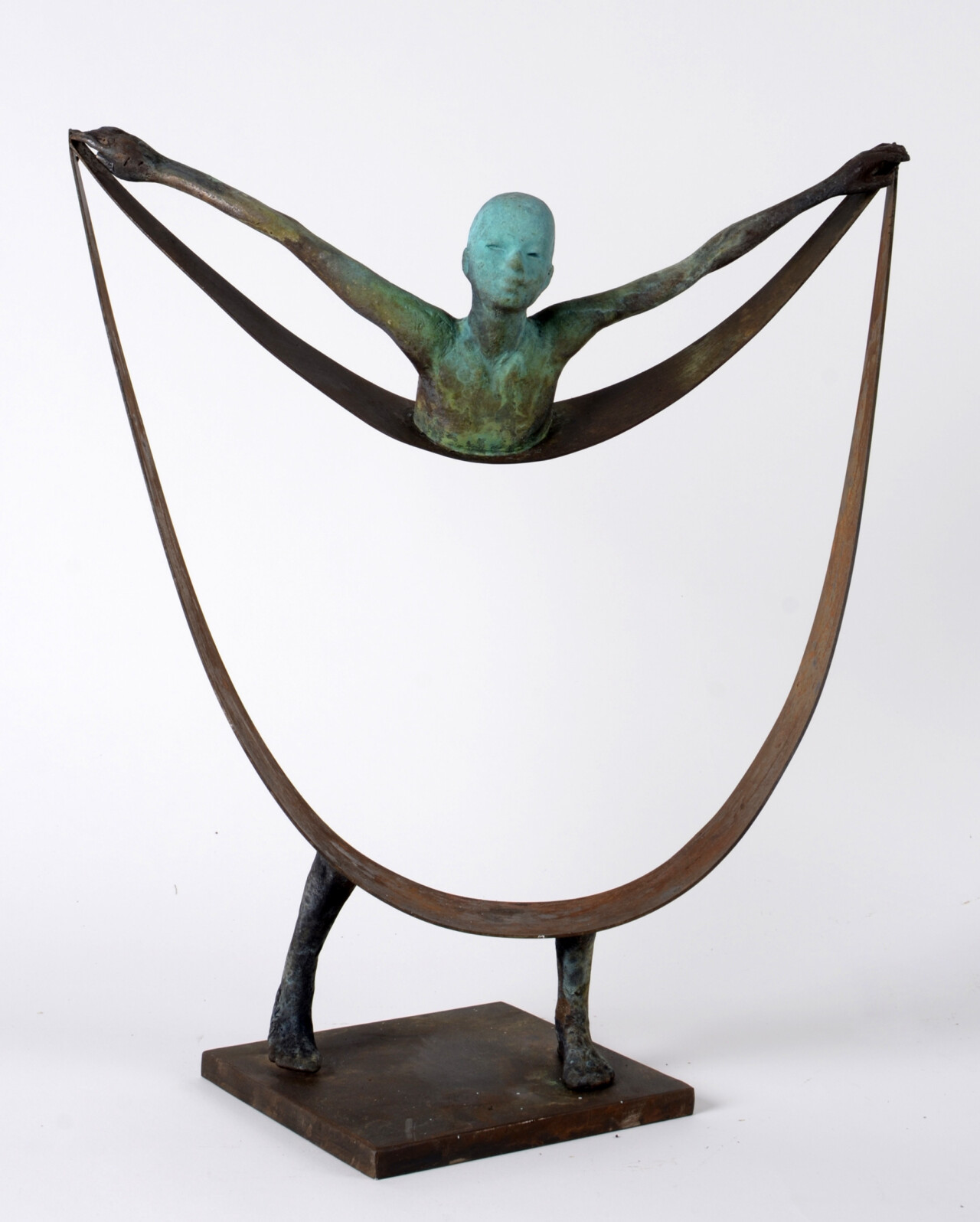
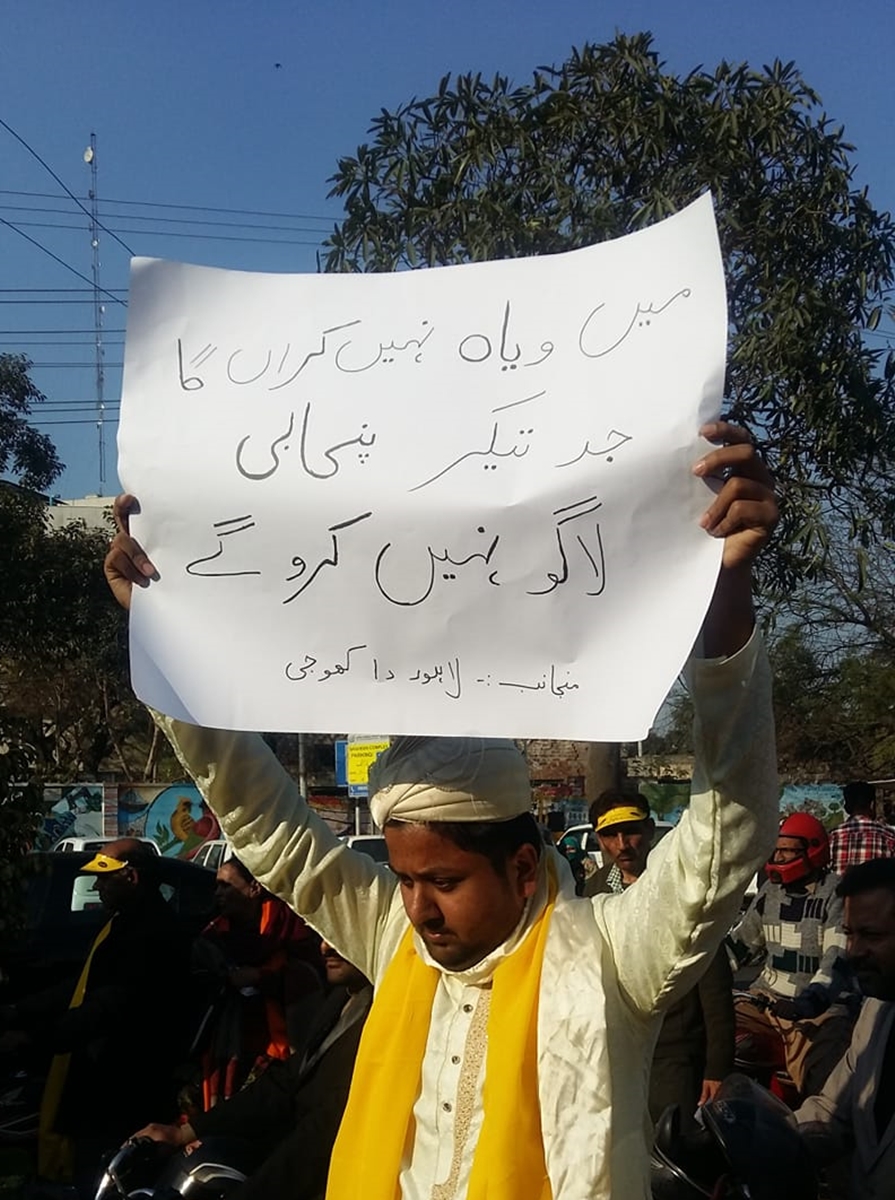




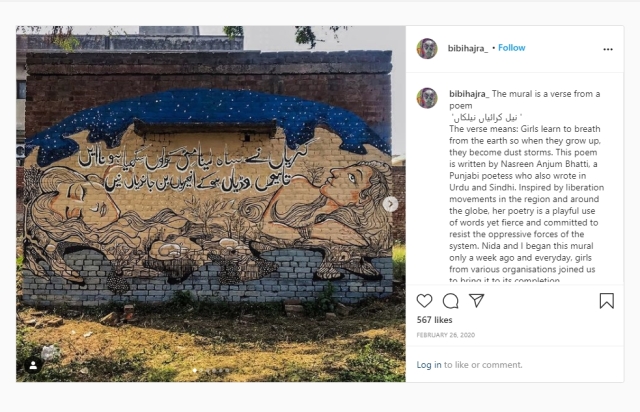
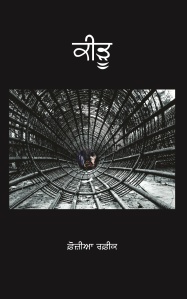
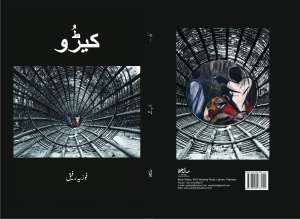

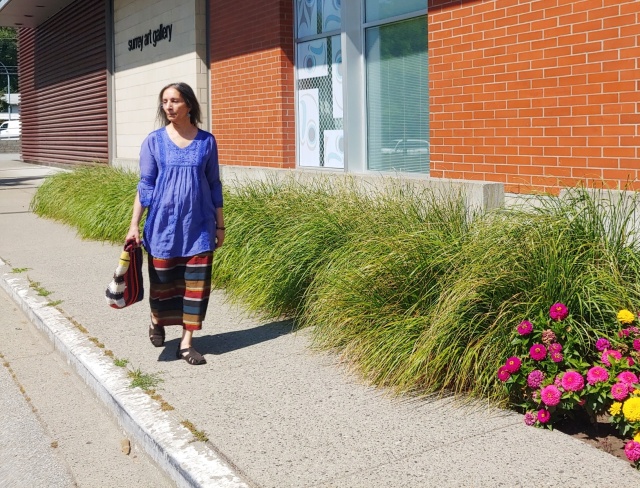
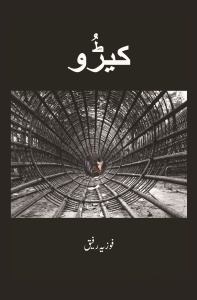 Urdu ebook
Urdu ebook